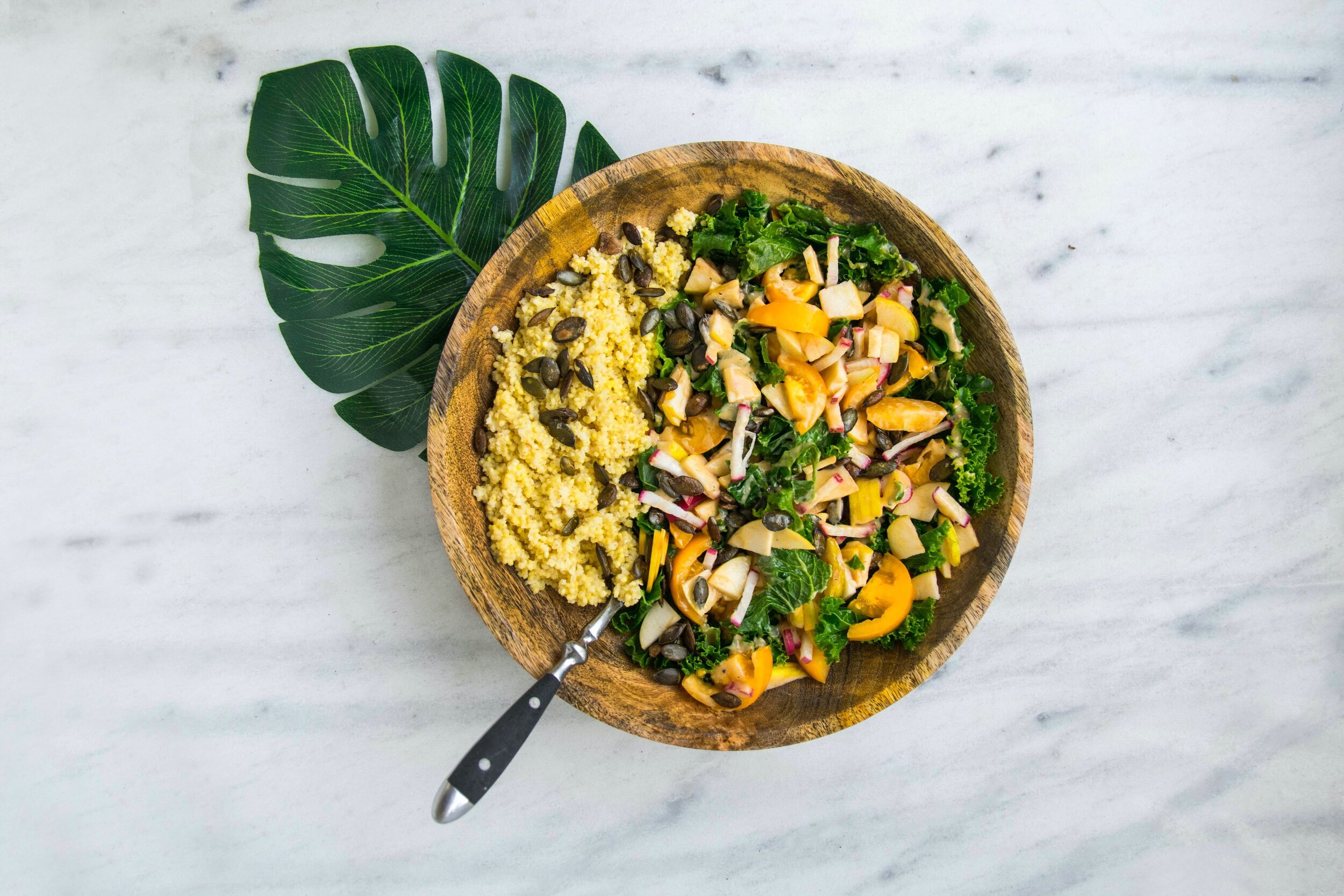In part two of this three part series we’ll cover the ins and outs about what to avoid when working towards achieving optimal health and longevity like those living in the blue zones.
As a reminder, blue zones are areas of the world in which the residents live long and have less disease occurrence compared to the average human. In part 1 we covered what to include in your nutritional intake and today we’ll share what to skip.
What the Blue Zone Diet Doesn’t Include:
Obsessive counting/tracking. The Blue Zone diet keeps things simple; there is no calculating or tracking food. Instead, it’s about being present with the food you are eating and celebrating where it came from.
A lot of supplements, pills or powders. Of course, if you have medical indications for taking a supplement you should. However, generally speaking the blue zone populations focus on consumption of whole foods first.
High quantities of meat (especially processed meats). While meat isn’t off limits it's not a staple in this eating pattern. Folks in Blue Zones only consumed meat like pig or goat as a celebration or splurge, but the general recommendation is to consume free-range animals no more than twice a week.
Salty foods and salt. High sodium intake is linked to many health conditions including high blood pressure and heart disease. Blue Zone inhabitants consume limited salt and salty foods (such as chips and other processed foods).
Sugary beverages. Instead, opt for water, coffee, herbal teas and even wine in the afternoon.
Heavily processed foods. Processed foods are not abundant in the Blue Zones as they are in the US. This includes foods with high levels of added sugar and trans fat.
As mentioned in the first post, nutrition is only one piece of the puzzle, but it's an important one. Other lifestyle changes to consider that those in the blue zone abide by are outlined above in what's called the power of 9.
This includes things like creating an active lifestyle by walking and spending more time in nature, having a social support system, and getting at least 7 hours of sleep daily. By adding these habits into your daily routine you may be able to increase the amount of years you add to your life too!



